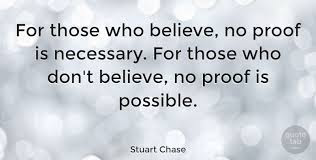And for the record, he was wrong. :)
I decided as I have done 100's of times in the past never to discuss Politics and Religion. He sent me an article that he thought proved his point. I went through it and found it had no merit. I started writing a long response, but then thought it would be counterproductive and felt it was better to not respond. And the issue would die a natural death. I hoped.
I was scared to have a discussion, fearful that it would get into an
argument and so I've reached a stage that I was willing not to engage at
all.
It's my opinion that we should not discuss or debate ideas or thoughts that we are unwilling to change. If we Believe, we don't Think. And then there's nothing that will change our mind. We may make claims such as "I have an open mind. Show me the data. And I'll change my mind." And then when someone shows us the data that indicates that we are wrong, we bring in other arguments such as the objectivity of the data, the bias of the author, the political leaning of the media, ...
When I came across "How to disagree productively and find common ground", it was ironically timely.
The talk made me change my mind. About how I should think about sensitive conversations (aka Debates), and how I should handle those.
The complete talk and the ideas that Julia Dhar discusses are very powerful and the things that stood out for me were:
- Debating ideas rather than discussing identity.
- Humility of Uncertainty. Opening ourselves to the possibility that we may be wrong.
- Practicing "Intellectual Humility", a skill that enables one to be capable of evaluating a broad range of evidence in a more objective manner and become less defensive.
How to disagree productively and find common ground
Julia Dhar
The major takeaway is that in order to have a meaningful debate we must ask and answer:
What is it you have changed your mind about ? And why ?
and
Pre commit to the possibility of being wrong ? And have an idea of what it would take to change our mind ?
And as luck would have it, there was another equally powerful idea and talk of getting people of different persuasions into a conversation and ...
How to lead a conversation between people who disagree
Eve Pearlman

I dont disagree with this :)
ReplyDelete